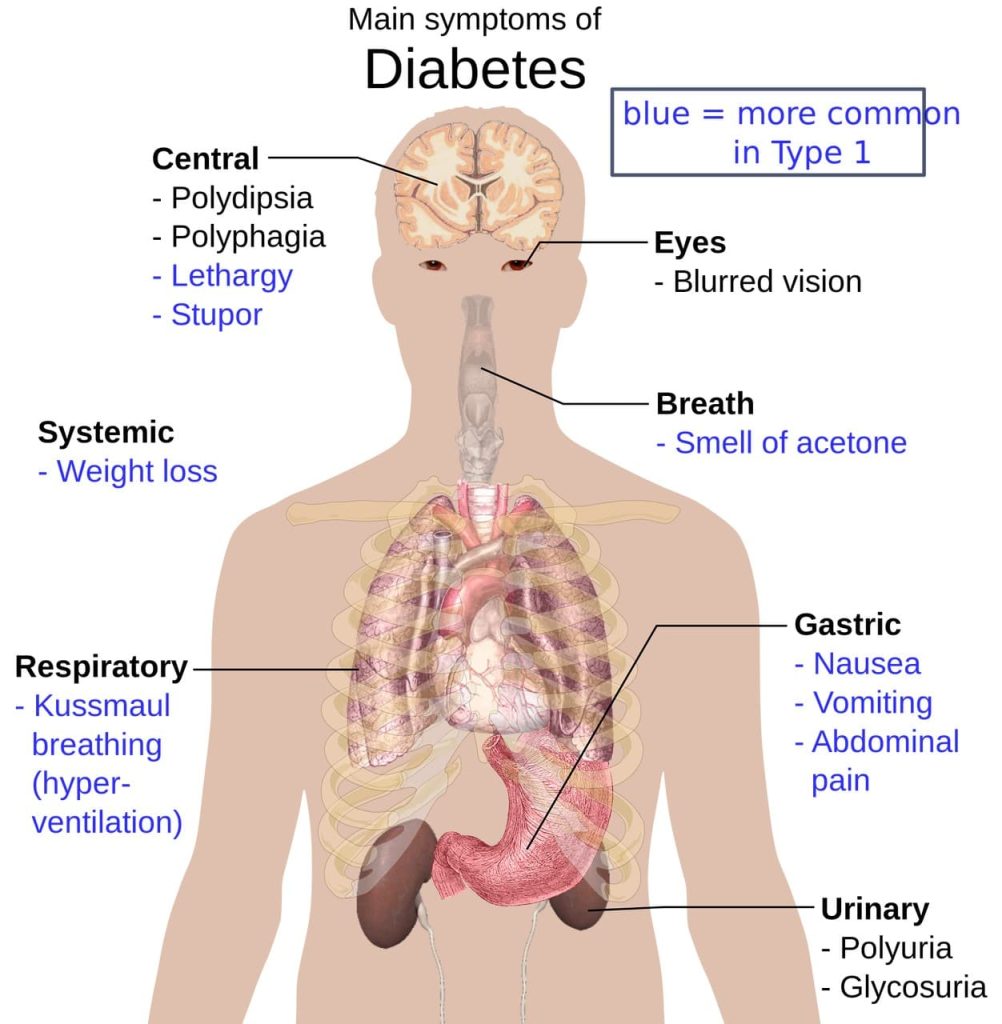Chronic illnesses last for a long time, usually three months or more. They can be physical, such as asthma, diabetes, or heart disease, or mental, such as depression or anxiety disorders.
According to the Centers for Disease Control and Prevention (CDC), about 133 million Americans have one or more chronic illnesses. That’s nearly half of the U.S. population.
If you suffer from a chronic illness, you know how challenging it can be to live with it daily. Not only do you have to deal with the symptoms of your illness, but you also have to find ways to manage them and cope with the stress they cause. This can be difficult enough when dealing with your illness alone, but it can be even harder when you have to do it while also caring for children or aging parents.
Fortunately, there are things you can do to make life a little easier. Here are eight tips for people who suffer from a chronic illness:
Table of Contents
1. Stick to Your Treatment Plan
To manage your chronic illness effectively, it’s important to stick with whatever treatment plan your doctor has prescribed for you. This may involve taking medication, attending therapy sessions, or making lifestyle changes such as exercising and eating a healthy diet.
The concierge doctor at erinreesemd.com/ advises that you adhere to your prescribed treatment plan to see the best results and prevent complications. It’s also important to keep all your scheduled appointments with your healthcare team and to communicate any concerns or questions about your treatment plan.
2. Educate Yourself About Your Illness
If you suffer from a chronic illness, one of the most important things you can do is to educate yourself about it. This means learning as much as possible about the symptoms, causes, and treatments for your illness.
It also means learning how to manage your illness and cope with the stress it causes. The more knowledge you have about your condition, the better equipped you will be to deal with it.

One great way to learn more about your illness is to join a support group or talk to others dealing with the same thing. Many helpful websites and books are written specifically for people with chronic diseases. Don’t be afraid to ask your doctor or other healthcare professionals for advice on where to find information about your specific illness.
3. Make Sure You Get Enough Rest
When you have a chronic illness, it’s important to make sure you get enough rest and sleep. This can be easier said than done, as some chronic diseases may cause symptoms that interfere with your ability to sleep well. But getting enough rest is crucial for managing your symptoms and improving your overall health.
Establish a consistent bedtime routine, such as taking a warm shower or bath before bed, avoiding caffeine in the evenings, and removing distractions from your bedroom (such as electronic devices). If necessary, talk to your doctor about using medication to help improve your sleep.
4. Take Care of Your Mental Health
Mental health is just as important as physical health, yet many people don’t take care of it.
Mental health includes our emotional, psychological, and social well-being. It affects how we think, feel, and behave. Just like our physical health can decline if we don’t care for our bodies, our mental health can decline if we don’t care for our minds.
There are many things you can do to take care of your mental health: find a form of stress relief that works for you, such as exercising or practicing mindfulness; establish healthy coping strategies for dealing with difficult emotions, and make sure to maintain relationships with friends and loved ones. It’s also important to reach out for help from a therapist or support group.
5. Prioritize Your Self-Care
Taking care of a chronic illness can be overwhelming and exhausting. It’s important to make self-care a priority in your daily routine. This may involve making time for relaxation and stress relief, such as practicing meditation or getting a massage. It also means doing things that bring joy and fulfillment to your life, such as spending time with loved ones or pursuing hobbies and interests.
It’s also important to listen to your body and pay attention to any warning signs that you may need a break from managing your illness. Don’t be afraid to ask for help from friends, family members, or healthcare professionals if you feel overwhelmed.
6. Keep Track of Symptoms and Medications
One way to manage your chronic illness more effectively is to keep track of your symptoms and medications. This can include keeping a journal or diary to record any changes in symptoms, side effects of medications, and how well they manage your illness.
It’s also important to keep an updated list of all the medicines you are taking, including dosages and what they are for. This information can be helpful for yourself and healthcare professionals who may need to know it in an emergency.
7. Advocate For Yourself
It’s important to advocate for yourself when dealing with a chronic illness. This means speaking up about your needs and communicating with healthcare professionals about any concerns or questions you have. It also means knowing your rights as a patient and seeking out resources for financial assistance if necessary. Don’t be afraid to ask for help or speak up about what you need to manage your illness.
8. Stay Positive
Living with a chronic illness can be challenging, but focusing on the positives and finding ways to cope with any difficulties that may arise is essential. Surround yourself with supportive loved ones, practice mindfulness, and relaxation techniques, and find things that bring joy and fulfillment to your life. Keep in mind that while there may be setbacks, there is always hope for improvement and finding ways to live a fulfilling life despite the challenges of a chronic illness.
Living with a chronic illness can be difficult, but there are ways to manage it and continue living a fulfilling life. Prioritize self-care, keep track of symptoms and medications, advocate for yourself, and stay positive. Remember that you are not alone in this journey and there is always hope for improvement. Seek support from loved ones and healthcare professionals if needed. Take care of yourself, and never give up hope.




